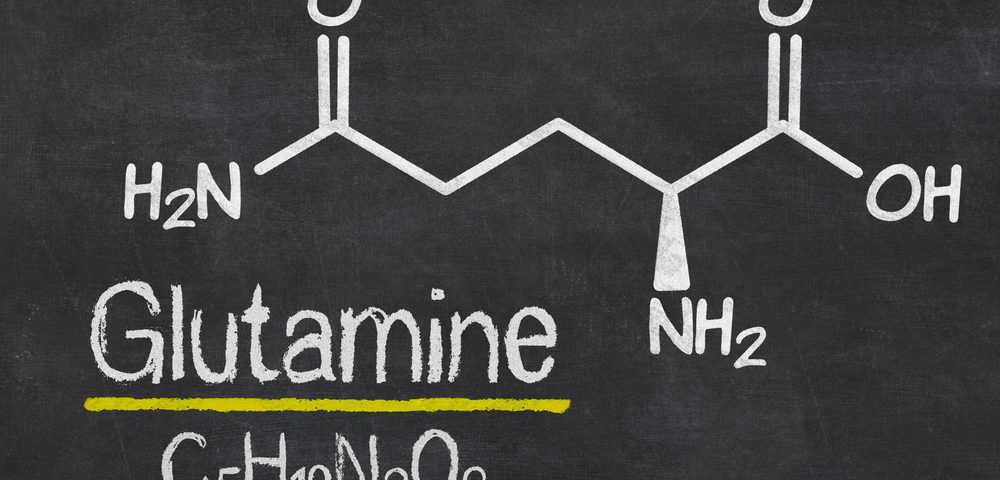Tumor cells usually rely on glucose to grow, but some are known to change their metabolism to survive in stressful environmental conditions. Researchers have discovered that is true in colorectal cancer, which can use glutamine when glucose has been depleted.
The physiology of tumor cells is very different from that of normal tissue. Poorly formed vasculature in tumors leads to a hypoxic (oxygen-deficient) environment in which nutrient levels are low and waste-product levels are high. Tumor cells respond to such conditions by adapting their metabolism.
Cancer cells often use glutamine to synthesize proteins, lipids, and other macromolecules that make up their building blocks, as well as to maintain the balance between energy and reactive oxygen species (ROS) production.
In previous studies, researchers found that the KRAS mutation, which is a driver in colon cancer, caused pancreatic cancer cells’ metabolism to change. In “Metabolic Adaptation to Nutritional Stress in Human Colorectal Cancer,” a team at the Osaka University Graduate School of Medicine in Japan sought to determine the mutation’s role in colorectal cancer cells changing. Their work was published in Scientific Reports.
The researchers found that colorectal cancer cells with KRAS mutations are resistant to glucose deprivation, but they do not depend on the mutation alone to adapt. Genomic alterations that had not previously been characterized also play a role.
The “difference in metabolism between cancer and normal cells is expected to provide opportunities for development of innovative cancer treatments,” the researchers wrote.
The team also uncovered two enzymes — GLUD1 and SLC25A1 — that are involved in the process. Combined expression of the enzymes was associated with increased tumor aggressiveness and poor prognosis.
“GLUD1 and SLC25A1 may serve as new targets in treating refractory colorectal cancer which survive in malnutritional microenvironments,” the team wrote.
Colorectal cancer is the third most frequently diagnosed cancer.


